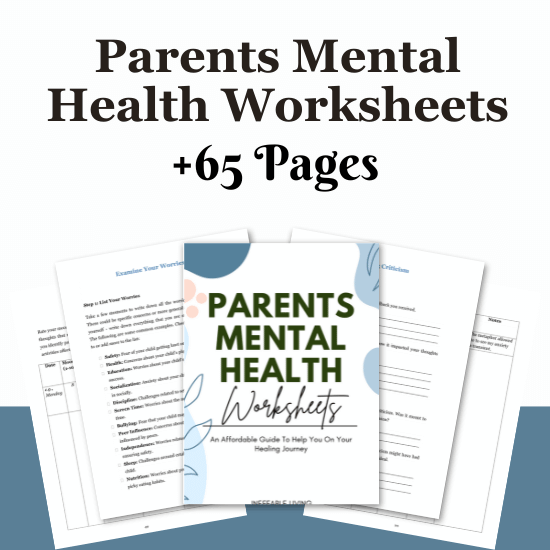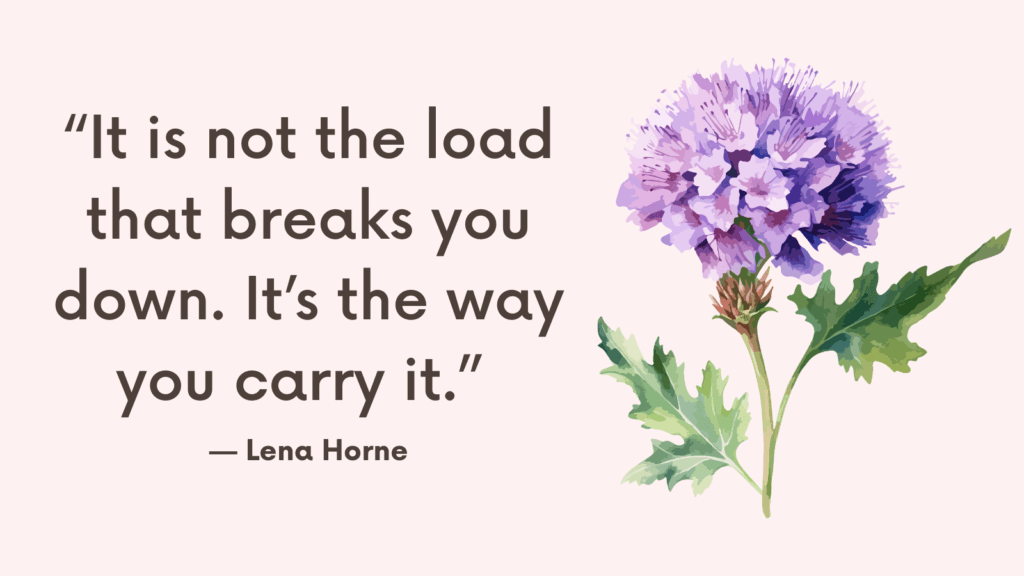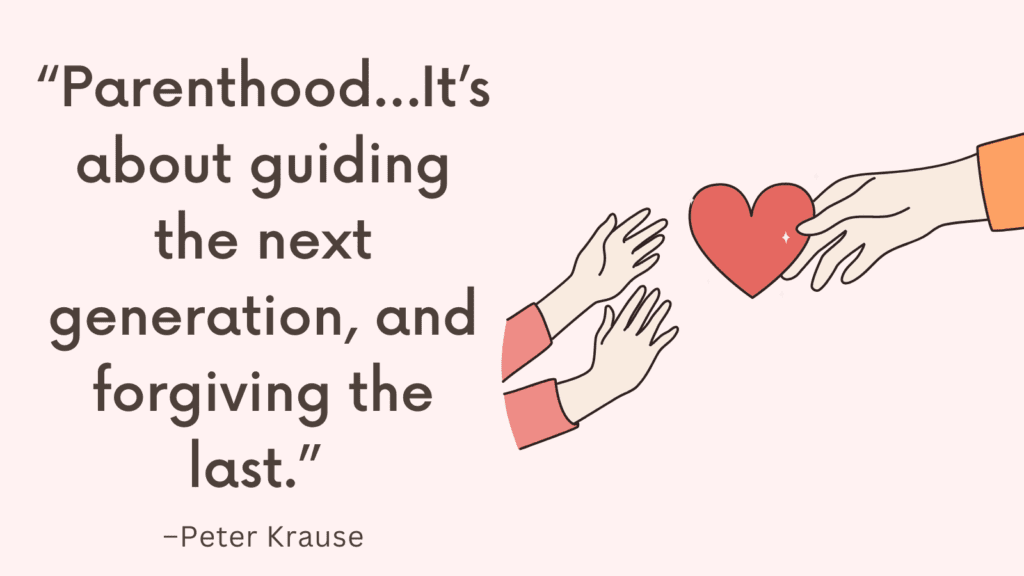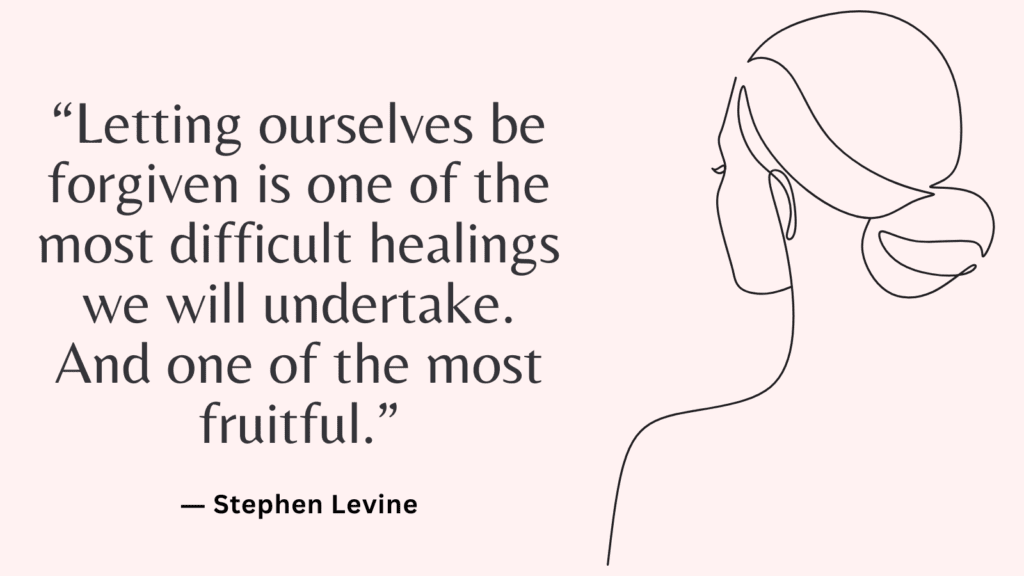Feeling like a “bad parent” can be one of the heaviest emotions to carry. It often creeps in after a moment of yelling, distraction, burnout, or comparison. This feeling can be amplified by social pressure, guilt, childhood wounds, or your own high standards. But here’s the truth: most parents who worry they’re “bad” are the ones who care deeply—and are simply overwhelmed, human, and trying.
This feeling doesn’t define your worth as a parent. It’s a signal to pause, reflect, and respond with compassion—not shame. Here’s how to cope when you find yourself trapped in this painful self-perception.
The “Bad Parent” Feeling Isn’t Always About Reality
Feeling like a bad parent doesn’t always mean you’re failing — it often means you care deeply.
It’s a sign of emotional investment, not inadequacy.
But when love meets exhaustion, or compassion meets comparison, it can quickly distort into self-blame.
This feeling is rarely about a single moment — it’s about the stories you carry about what being a “good” parent should look like.
Where the Feeling Comes From
The belief that you’re a “bad parent” often comes from:
- Unrealistic expectations — set by culture, family, or social media
- Childhood wounds — trying to avoid repeating what hurt you
- Parental burnout — when constant giving leads to depletion
- Perfectionism — equating love with getting it all “right”
- Mom or dad guilt — when your child is struggling and you internalize it
This feeling can be quiet or constant.
It can show up after you lose your temper, when you miss a milestone, or simply in moments of disconnect.
Related: Parenting Stress: How to Prepare for a Smooth Back-to-School Transition?
How to Cope With Feeling Like a “Bad Parent”?
1. Pause the Inner Critic and Name What You’re Feeling
When shame rushes in, you may start narrating stories like:
- “I’m ruining my kids.”
- “They deserve better.”
- “I’m failing every day.”
Before those stories take over, try to name the actual emotion behind them. Are you feeling exhausted? Helpless? Guilty? Overstimulated? Naming the feeling reduces its power and separates it from your identity.
Say to yourself: “This is a moment of pain—not a definition of who I am.”
2. Separate Guilt From Shame
Guilt says: “I did something wrong.”
Shame says: “I am something wrong.”
Guilt can guide you to repair and change. Shame traps you in powerlessness.
If you yelled, forgot something important, or handled a situation poorly, allow yourself to feel guilty without collapsing into shame. You can say:
- “That wasn’t how I wanted to respond, and I can make it right.”
- “I’m allowed to grow and still be a good parent.”
Self-respect helps you correct without self-destruction.
3. Examine the Source of Your Expectations
Where did your definition of “good parent” come from?
- Social media images of perfection?
- A childhood where love was conditional?
- Cultural messages that equate sacrifice with worth?
Unrealistic standards will always make you feel like you’re falling short. Trade “perfect” for present. Trade flawless for flexible. Your child doesn’t need an ideal parent. They need a safe, loving one who shows up and repairs when needed.
4. Look at the Full Picture—Not Just the Hard Moments
Your mind will highlight your worst parenting moments. But what about the times you held your child through a meltdown, cooked their favorite meal, said “I love you,” or just kept showing up despite exhaustion?
Write down:
- Three ways you showed up with love today
- One thing you wish you’d handled better
- One thing you’ll do differently tomorrow
This brings balance to your self-perception and reminds you that you’re not defined by your lowest moment.
Related: How to Deal With Mom Guilt When You’re Not Loving Motherhood?
5. Repair Is More Powerful Than Perfection
You will make mistakes as a parent. What matters most is what you do after.
If you lost your temper, you can say:
- “I’m sorry I yelled. That wasn’t okay, and I’m working on it.”
- “You didn’t deserve that. I was overwhelmed, and I’m learning how to handle things better.”
These moments of repair actually strengthen trust and teach your child emotional responsibility.
6. Talk to the Younger You Who Feels Triggered
Sometimes, feeling like a “bad parent” is actually your inner child reacting to a wound:
- Maybe no one comforted you when you were struggling
- Maybe you were expected to be perfect to receive love
- Maybe you promised never to repeat certain patterns—and now feel crushed by guilt
Place your hand over your heart and tell yourself:
“I’m doing better than what I came from. I’m healing while parenting. That is brave.”
Related: “Parental Guilt”: How to Navigate Guilt as a Parent or Caregiver?
7. Limit Comparison to Other Parents
You’re not behind. You’re not broken. You’re not supposed to look like them.
Social media shows highlight reels. Other parents may have different capacities, support systems, or challenges you don’t see.
Comparison erases your context. Compassion restores it.
8. Build a Support System That Sees You
You weren’t meant to parent in isolation. Surround yourself with people who offer understanding, not judgment. That might mean:
- A therapist who helps unpack guilt
- A friend who listens without advice
- A community that embraces imperfection
Being witnessed in your struggle is healing.
Related: How to Recognize Stress in Children and Help Them Cope?

Conclusion
You’re not a bad parent. You’re a human one. Parenting stretches every emotional muscle—and no one does it without stumbles. What matters isn’t whether you mess up, but whether you return with presence, honesty, and love.
Your child doesn’t need you to be flawless. They need to know they’re loved, even when life is messy. And they need to see that even when you feel unlovable—you keep showing up. That’s not failure. That’s grace.



